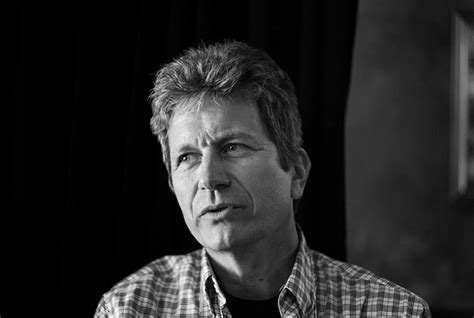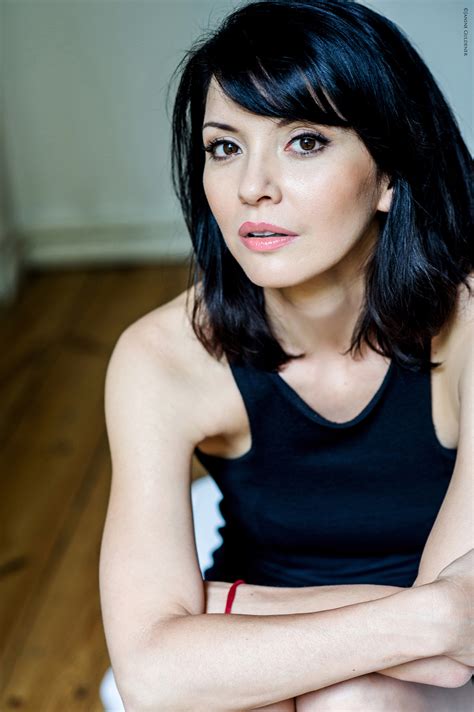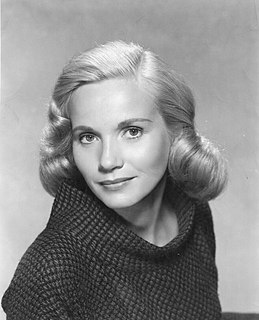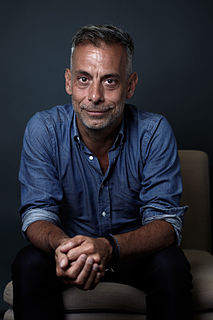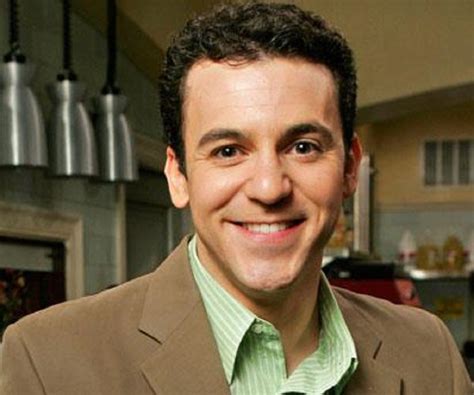A Quote by John Fusco
If you understand the importance of developing a relationship with the director and making that director see that you're the best technical adviser and resource in the world on your subject, you'll be invited on set as a respected and integral part of the process.
Related Quotes
If you are able to see on a monitor what it's actually going to look like and have that kind of feedback informing your decisions, then you're bringing back a lot of the decision-making process of the designer, the director of photography and the director away from the post-production process and bringing it back into the actual capturing of the event on film.
The process of working with the second unit director and basically sharing your workload with another director is such an interesting, delicate thing - and entrusting that person with your vision and making sure that you are not adding a completely different aesthetic to the mix that you don't have to contend with in editing.
On a very small scale, I kind of understand why the directors that I work with do certain things. I don't consider myself an incredible director. I'm not ready to do movies by any means. But, I feel like I can be a better actress now that I've been on the other side and kind of understand the process and more of the technical aspects of it.

